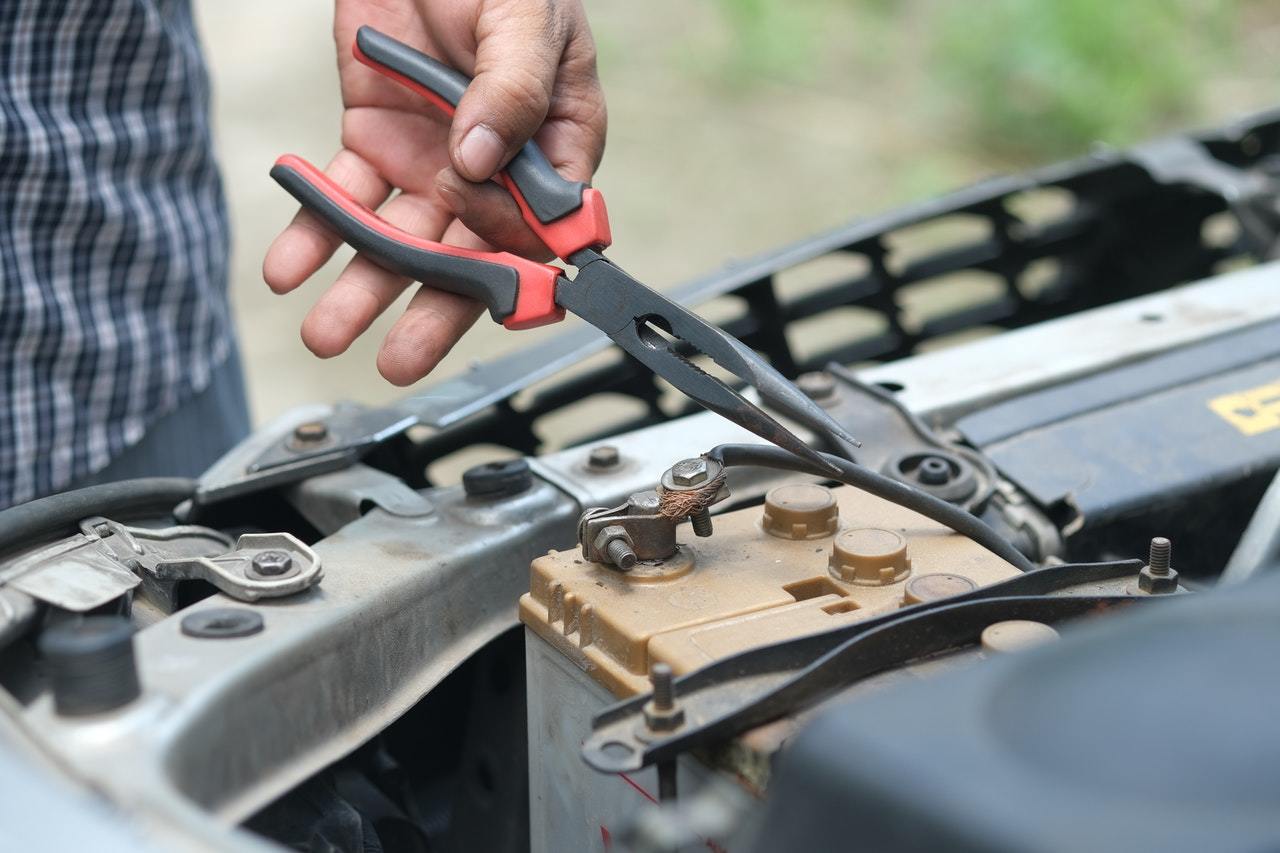
A car battery is responsible for providing the electrical current that powers your vehicle. Without it, your car wouldn’t be able to start. The battery also provides power to accessories like your headlights, radio, and windshield wipers.
It’s no secret that car batteries need to be regularly maintained in order to keep your car running smoothly. But what does that entail? And how can you make sure your battery lasts as long as possible? In this article, we’ll answer those questions and more, so you can keep your car on the road for years to come
Types of Car Batteries
There are two types of car batteries: lead-acid and lithium-ion. Lead-acid batteries are the most common type, as they’re less expensive than lithium-ion batteries. Lithium-ion batteries are newer and more expensive, but they’re also more efficient and have a longer lifespan.
Lead-acid batteries are the most common type of car battery. They’re made of lead plates and sulfuric acid, and they’re usually found in older model cars. These batteries need to be regularly maintained in order to keep them working properly.
Lithium-ion batteries are newer and more expensive than lead-acid batteries, but they’re also more efficient and have a longer lifespan. These batteries are made of lithium-ion cells, which store electrical energy. When the battery is depleted, the lithium-ion cells can be recharged by plugging the battery into an electrical outlet.
How long do car batteries last?

The average car battery will last between three and five years. However, this can vary depending on a number of factors, including the climate you live in and how often you drive. If you live in an area with extreme temperatures (hot or cold), your battery will likely need to be replaced more frequently. And if you don’t use your car often, the battery may not last as long because it won’t have a chance to recharge as often.
What are the signs of car battery problems?
There are a few signs that your car battery may be on its last legs. If your car takes longer to start than usual, or if the engine cranks slowly when you turn the key, these could be signs that your battery is losing its charge. Another sign of a dying battery is dimmer than usual headlights. If you notice any of these issues, it’s time to take your car to a mechanic to have the battery checked.
What are the common causes of car battery problems?
There are a few things that can cause your car battery to die prematurely. One of the most common causes is simply age. As batteries get older, they lose their ability to hold a charge. This is why it’s important to regularly check your battery’s voltage (more on that below).
Another common cause of battery problems is extreme temperatures. If it gets too cold or hot outside, this can affect the chemical reaction inside the battery, causing it to die prematurely.
Finally, leaving your car parked for extended periods of time can also lead to battery problems. If you don’t use your car often, the battery will slowly lose its charge over time. This is why it’s important to take your car for a drive at least once a week, even if it’s just around the block.
How can I extend the life of my car battery?
There are a few things you can do to extend the life of your car battery. First, make sure you regularly check the battery’s voltage. This can be done with a voltmeter, and it will give you an accurate reading of how much charge is left in the battery. If the voltage is low, it’s time to recharge or replace the battery.
Second, avoid extreme temperatures as much as possible. If it’s very hot or cold outside, try to park in a garage or covered parking lot. And if you know you won’t be using your car for an extended period of time (more than a week or two), disconnect the battery to prevent it from slowly losing its charge.
Finally, make sure you’re driving your car frequently. The best way to keep your battery healthy is to use it regularly. If you only drive your car a few times a month, try to take it for a longer drive at least once a week. This will help keep the battery charged and prevent it from dying prematurely.
Maintaining your car battery is an important part of owning a car. By following the tips above, you can extend the life of your battery and avoid problems down the road.
Last Updated on
- How Does Sunscreen Work to Protect Your Skin? - August 24, 2022
- How Sunscreen is Made - August 24, 2022
- How to Fix a Wobbly Ceiling Fan - August 19, 2022
